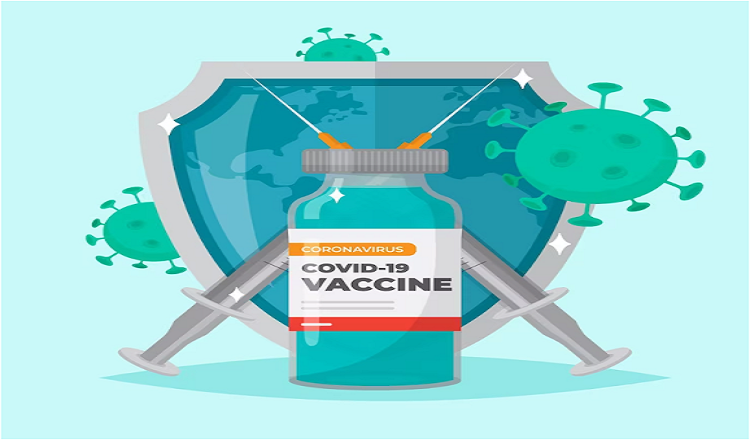The Role of Vaccination in Preventing Epidemics

Epidemics are dangerous to people’s health and safety, and they touch millions of people all over the world. They are caused by diseases that quickly spread from one person to another, making a lot of people sick and possibly killing some of them. Vaccinations are one of the best ways to stop epidemics from happening because they help people build up their protection to infectious diseases. In this piece, we’ll talk about how vaccinations help stop epidemics and what other good things they do for society.
Understanding Epidemics
Before we talk about how vaccines work, it’s important to know what causes outbreaks. A disease that spreads quickly and affects a large number of people in a community is called an epidemic. It is marked by more cases of the disease than normal, which leads to more people getting sick and dying.
A Lot of Diseases
These are the most common kinds of epidemics:
Flu, Measles, Polio, Tuberculosis, Yellow Fever, and Cholera.
These diseases can be dangerous to your health and cause widespread panic and fear, like we saw during the Ebola outbreak.
Vaccinations as a way to stop disease
Vaccines are very good at stopping viral diseases and stopping them from spreading. They are made to boost the immune system so that the body can become resistant to a certain sickness. By doing this, vaccines protect people from the disease and make it less likely that it will spread through the community.
How do immunisations work?
Vaccines have small amounts of a disease that has been weakened or killed, or the toxins it makes. Once the pathogen is given to the body, the body recognises it as alien and starts to make antibodies to fight it. These antibodies stay in the body, making it immune to that disease even if it comes back.
Advantages of Getting Vaccinated
Vaccinations are good for society in many ways, such as:
Herd immunity: – Protects against contagious diseases; – Lowers death rates; – Lowers health care costs;
Group immunity
Herd immunity is the indirect protection from disease that happens when a large number of people in a community are immunised. When a lot of people are resistant to a disease, it spreads much more slowly or stops spreading altogether. This is because it gets harder and harder for the sickness to spread to new people.
Herd immunity and how it works
Herd immunity can only be reached when a large number of people have been immunised. This varies by disease, but in general, the cutoff is around 90%. When enough people are immunised, the disease can’t spread easily even among those who aren’t immunised. This indirect defence is a key part of keeping epidemics from happening.
Problems with immunisation programmes
Even though the benefits of vaccines are known, it is still hard to set up vaccination programmes around the world. Misinformation and doubt about vaccines are two of the biggest problems. There is less trust in vaccines and their usefulness in some countries because of false claims, misleading information, and fake news.
Getting rid of false information
To stop people from believing false information and not getting vaccinated, it is important to teach them about how important shots are and what they can do for them. Health officials, doctors, and the media should all work together to give the people accurate information that is backed up by evidence.
Conclusion
Vaccinations are one of the most important ways to stop outbreaks and improve public health. It protects against contagious diseases, cuts down on deaths, and can help boost the immune system of a whole group. By teaching the public and dealing with fears about vaccines, we can make sure that vaccination programmes work to stop the spread of diseases and keep our communities safe.
Read More You May Like:
- The Psychological Impact of Health Emergencies on Individuals and Communities
- The Importance of International Cooperation and Collaboration Against Global Health Threats
- Examining the Causes of Infectious Disease Outbreaks
- Effective Ways to Prevent and Contain Disease Outbreaks
- Education and Awareness Campaigns for Disease Prevention








